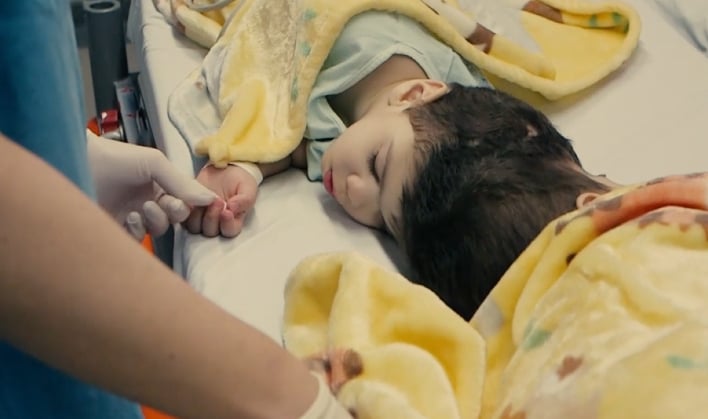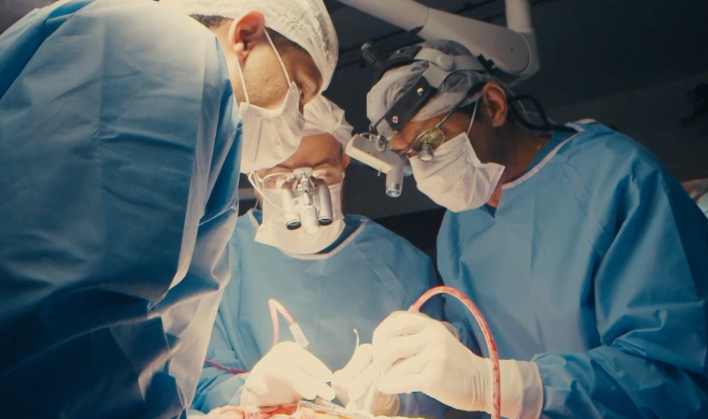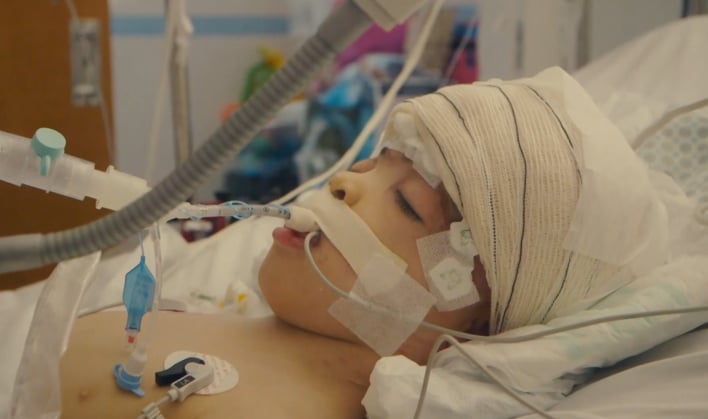Virtual Reality Helped Surgeons Train For A Miraculous Separation Of Conjoined Twins

When most of us think of virtual reality (VR), thoughts of exploring a world created by a group of game devs probably comes to mind. But a medical team in Brazil was able to use the technology for something far more important than beating one's best score in Beat Saber. The group spent months with Gemini Untwined in the UK training via VR for the incredibly delicate and complex surgery. It was the first time the technology was used for this purpose in Brazil.
Arthur and Bernardo, the two twins who were conjoined at the head, were born craniopagus in 2018. The mother and father from Roraima in rural northern Brazil sought out help for their sons in Rio de Janeiro and found it from a dedicated medical team at the Instituto Estadual do Cerebro Paulo Niemeyer.

Part of the issue with performing this particular separation was that two boys shared vital veins in the brain. The local team in Brazil spent months training with the team in the UK in order to prepare for the surgeries. Part of the training involved a trial surgery conducted cross-continentally in virtual reality.
The procedures to separate the two boys involved a medical team of nearly 100 members and seven separate surgeries. The final two surgeries alone took over 33 hours to complete.
"As a parent myself, it is always such a special privilege to be able to improve the outcome for these children and their family," remarked Dr. Jeelani, who headed the team in the UK. "Not only have we provided a new future for the boys and their family, we have equipped the local team with the capabilities and confidence to undertake such a complex work successfully again in the future."

Gabriel Mufarrej, head of pediatric surgery at Instituto Estadual do Cerebro Paulo Niemeyer, said the boys had "become part of our family here in the hospital." He added, "We are delighted that the surgery went so well and the boys and their family have had such a life-changing outcome."
Jeelani told the Press Association, "In some ways, these operations are considered the hardest of our time, and to do it in virtual reality was just really man-on-Mars stuff."
Top Image Credit: Gemini Untwined/Instituto Estadual do Cerebro Paulo Niemeyer

